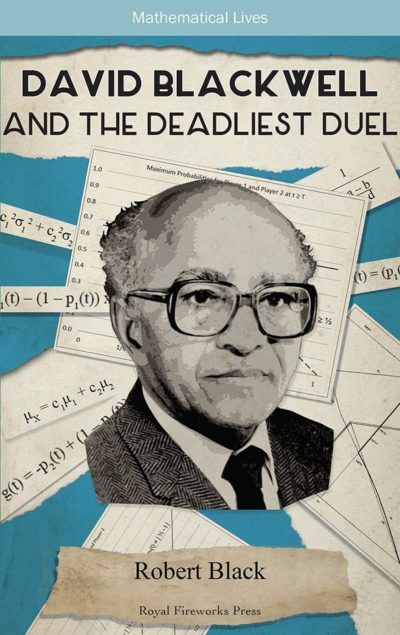David Blackwell’s interest in math was sparked in a high school geometry class, and he spent the rest of his life pursuing solutions to mathematical problems, but not just in geometry. Blackwell’s career is particularly interesting because he worked in an array of subjects, instead of delving deeply into a single one, as is more typical of eminent mathematicians. He would read the work of others and then investigate different cases or applications of theorems that he thought hadn’t been explored thoroughly enough. As a result, his influence stretched across a wide range of subjects, although it all centered on the basic concepts of mathematical and statistical decision-making.
Much of Blackwell’s work stemmed from his study of duels. If two people are given guns with one bullet in them and are told to stand apart from each other—Old West style—draw, and fire, is there any way to tell who would emerge as the winner? Blackwell thought it was possible, and he worked on the problem until he had an answer as to what the outcome was likely to be, given a variety of conditions. That sort of thinking infused all of his work, and today he is regarded as a brilliant mathematician whose contributions helped to lay the foundation for new fields such as information theory. That he was an African-American working in the years before and during the Civil Rights Movement makes his accomplishments that much more remarkable.
This book is part of the Mathematical Lives series by Robert Black.
